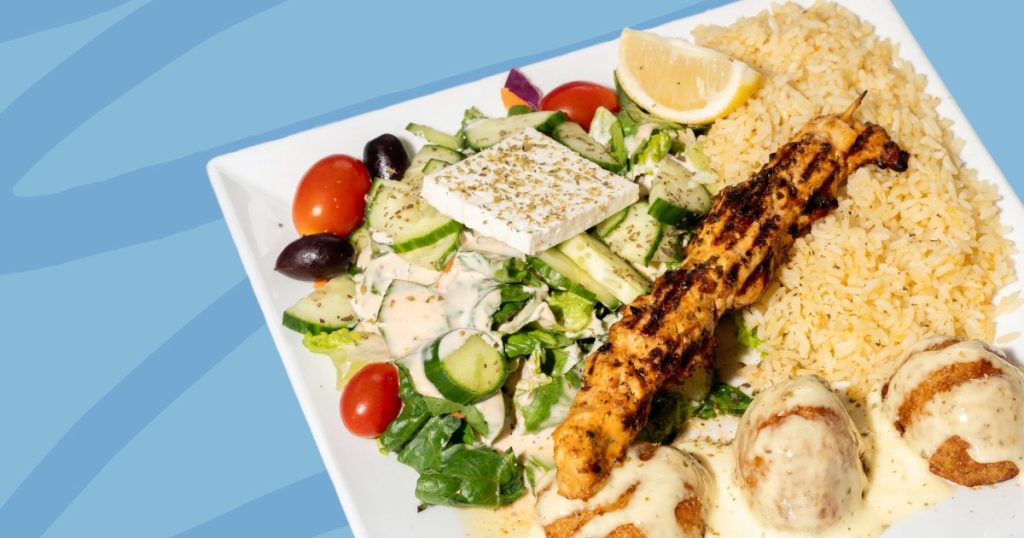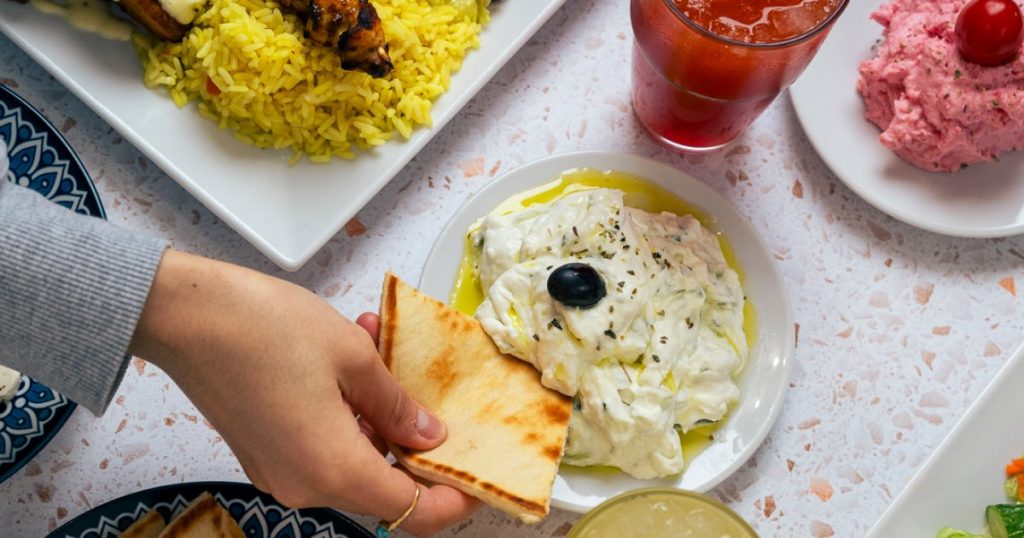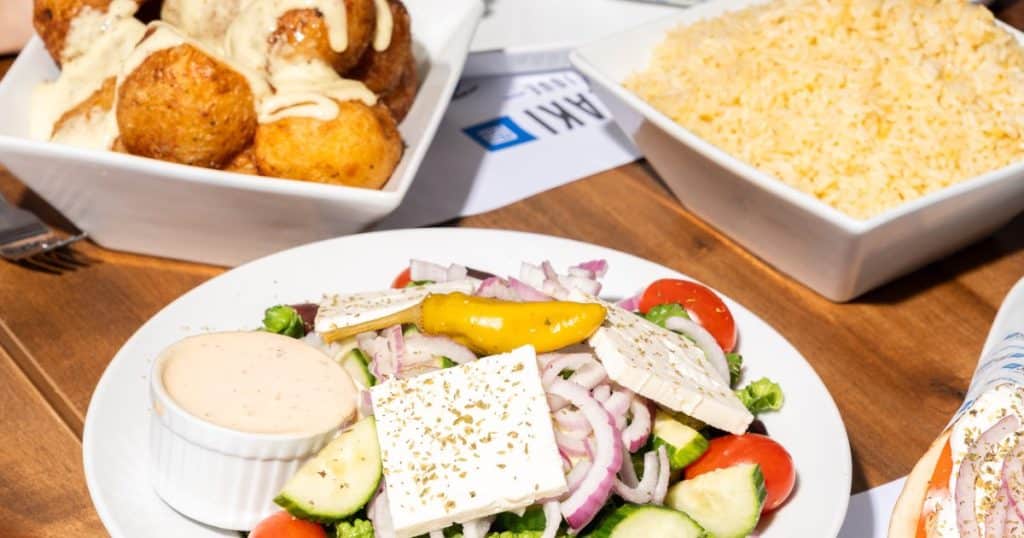Step into any Greek kitchen, and you’ll find one ingredient always within reach: olive oil.
But don’t mistake it for just a cooking fat. In Greece, olive oil is the foundation of flavor, the beginning of every good dish, and the essence of what makes Greek cuisine so beloved around the world.
In this blog, we’ll explore how olive oil became known as “liquid gold” in Greek culinary tradition, not just for its health benefits, but for the soul it brings to every bite. From ancient rituals to modern recipes, this ingredient tells the story of Greece.
The History of Olive Oil in the Greek Culture
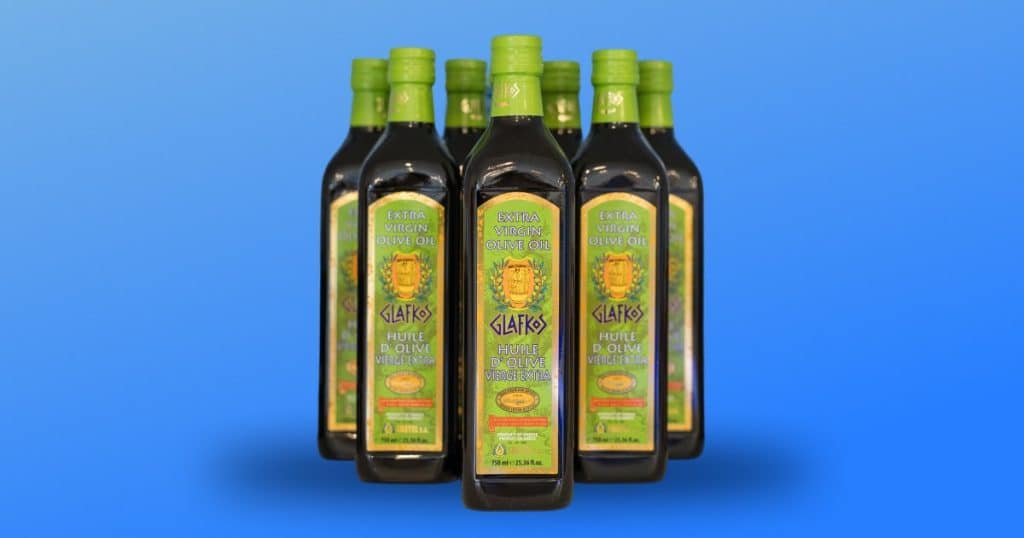
The story of olive oil in Greek cuisine starts thousands of years ago, not in recipe books, but in rituals, daily survival, and the soul of a culture. In ancient Greece, olive oil was used to prepare hearty stews in clay pots, coat meats before slow roasting, and even preserve seasonal vegetables and herbs. Farmers, soldiers, and philosophers alike would anoint bread with oil and herbs, a humble yet sacred meal shared across generations and classes.
This culinary wisdom didn’t fade with time. Instead, it became a treasured inheritance, passed from Yia-yia’s handwritten notes to today’s home cooks and chefs. In modern Greek kitchens, you’ll find that olive oil still plays the same central role: drizzled over soups, finishing roasted meats, binding salads, or soaking into pita fresh off the grill. Even when recipes evolve, olive oil remains a constant as a bridge between the ancestral table and the one set today.
How Olive Oil Is Used in Traditional Greek Cooking

From slow-simmered vegetables to flame-grilled meats, extra virgin olive oil (EVOO) adds depth, aroma, and cultural authenticity to every bite. Here’s how it shows up across the most iconic recipes:
1. Grilled Meats and Marinades
Greek souvlaki, whether lamb, pork, or chicken, starts with a marinade made from olive oil, lemon juice, garlic, and herbs like oregano or thyme. The oil binds these flavors and ensures they penetrate the meat. During grilling, the oil helps caramelize the meat’s exterior while keeping the inside juicy.
2. Greek Salads
No Greek salad is complete without a healthy pour of olive oil. Whether it’s a traditional Horiatiki (tomatoes, cucumbers, red onions, olives, and feta) or a more modern house salad, olive oil ties the components together and enhances their freshness. It’s often paired with a sprinkle of dried oregano for that unmistakable Greek aroma.
3. Dips and Starters
Dips like Tzatziki, Melitzanosalata (eggplant dip), and Fava (split pea puree) all use olive oil either in the blend or drizzled generously on top. At Greek restaurants, it’s common to serve warm pita alongside small bowls of olive oil mixed with chili flakes, oregano, or crumbled feta, perfect for dipping.
4. Savory Baked Goods
Instead of butter, Greek savory pies like Spanakopita (spinach and feta) and Tiropita (cheese pie) often use olive oil, especially in the phyllo layers. The result is a lighter, crispier crust and a deeper, more herbaceous flavor that pairs perfectly with the fillings.
5. Roasted Potatoes and Rice Dishes
Greek lemon potatoes are a fan favorite, roasted in a mixture of olive oil, lemon juice, garlic, and herbs until golden and tender. Olive oil is also used to coat rice in dishes like Pilaf, keeping grains separate and infusing them with a smooth, herbal finish.
How to Choose, Use, and Enjoy Greek Olive Oil
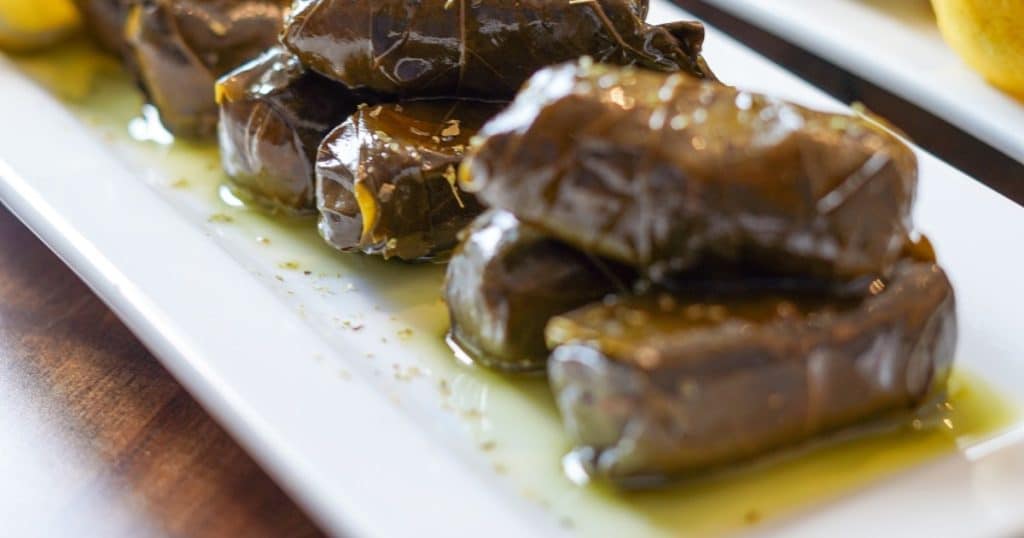
Choosing the Right Olive Oil
Not all olive oils are created equal. For authentic Greek flavor, look for:
- Extra Virgin Olive Oil (EVOO): Cold-pressed and unrefined, it retains maximum flavor and nutrients.
- PDO (Protected Designation of Origin): Indicates the oil is produced, processed, and packaged in a specific Greek region like Kalamata or Crete, guaranteeing quality and authenticity.
- Dark Glass Bottles: These protect the oil from light damage, preserving taste and freshness.
How to Use It in Greek Cooking
Greek olive oil is versatile, but how you use it affects the final flavor:
- Use Raw: For salads, drizzling over grilled vegetables, dips like tzatziki, or finishing cooked dishes.
- Cook with Care: Ideal for sautéing, low-heat stews (like lathera), and oven-roasted potatoes. Avoid high-heat frying, which can alter its flavor.
Tasting and Pairing Tips
- Fruity or grassy oils: Perfect for raw applications like Greek salad or bread dipping.
- Peppery oils: Pair well with grilled meats like lamb or pork souvlaki.
- Mild oils: Best for baking or when you don’t want the oil to overpower other flavors.
Conclusion
In Greek cuisine, olive oil isn’t just an ingredient; it’s tradition, heritage, and soul poured into every dish. From the way it infuses roasted vegetables with richness to how it enhances grilled meats, dips, and fresh salads, olive oil is the flavor thread that ties Greek food together.
And if you want to skip the prep and go straight to the flavor?
Visit Souvlaki Authentique, where real Greek olive oil brings every plate to life. From their perfectly marinated meats to their hearty lathera and crisp salads, you’ll taste the difference that premium EVOO makes.




